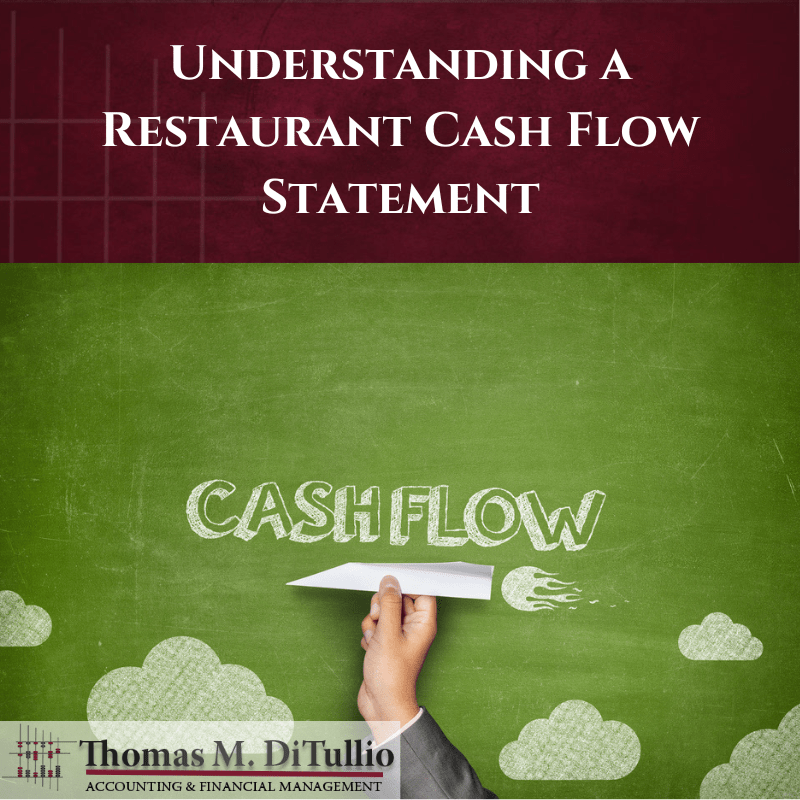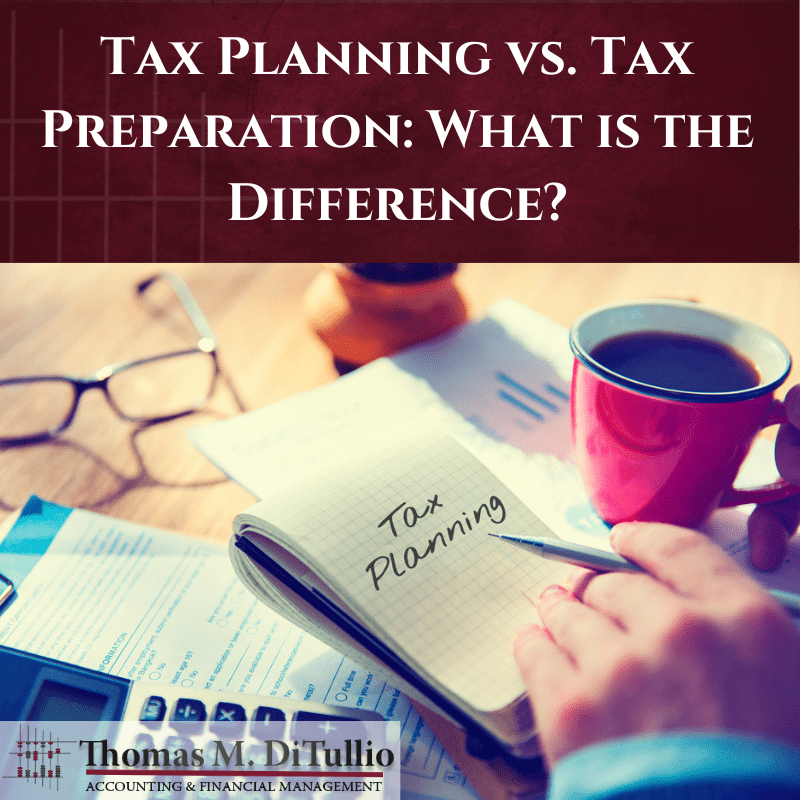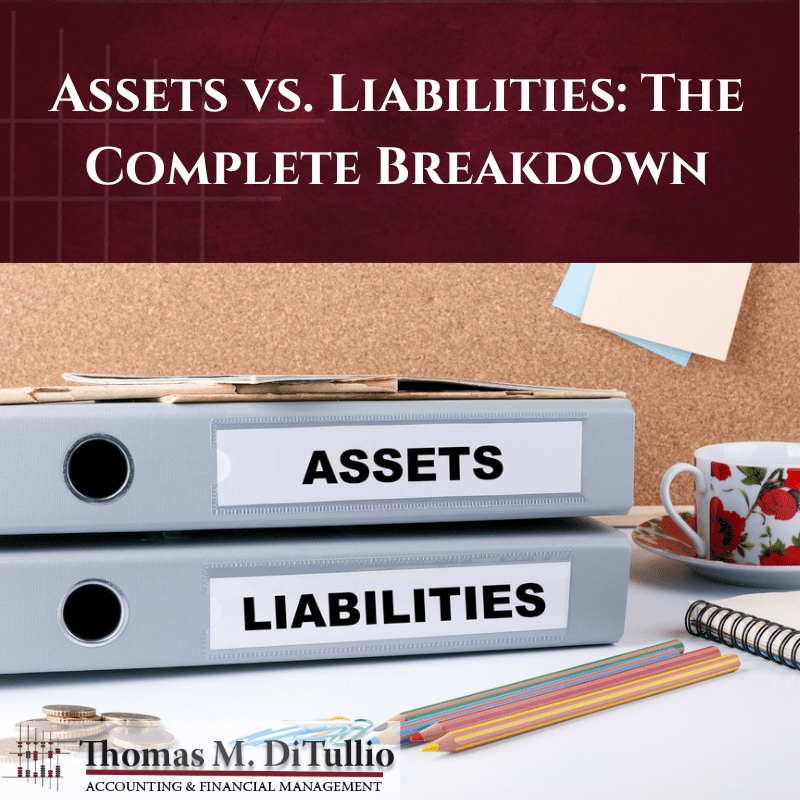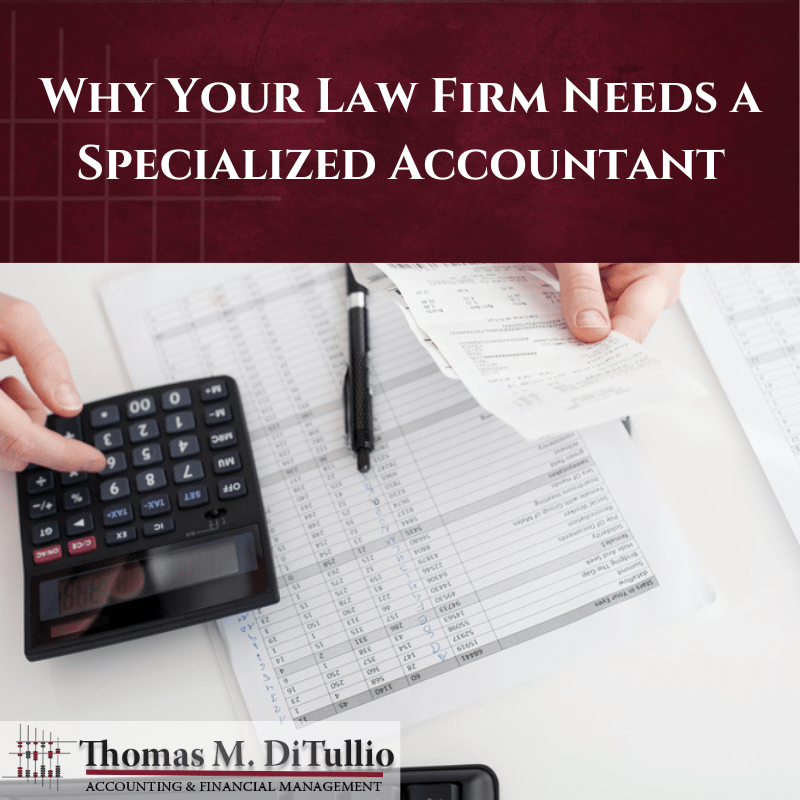Understanding a Restaurant Cash Flow Statement
Some restaurants might raise money with outside financing or by selling assets. However, the majority of the cash should come from its cash flow. Why is understanding cash flow necessary for your restaurant? Here are a few things to understand about these cash flow statements.
What Is Cash Flow?
This term is the amount of money you have made from food and beverage minus what you spent on operating costs. Understanding the restaurant’s cash flow can help budget for expenses and allow investors to see the potential in your business. If you want to calculate your restaurant’s cash flow, you can use the following formula:
Cash Inflow – Cash Outflow = Total Restaurant Cash Flow
However, there are a couple of things to take into consideration. You will need to know your inflow and outflow of cash. For the inflow, you need to add up all the money that comes into your restaurant during a specific period, including food and beverage sales. You can also include merchandise sales, received loans, catering and event money, and other items your restaurant has sold. That is known as your cash inflow.
Next, you need to determine your cash outflow. During this stage, you will want to add your operating costs for the same period. These expenses include utilities, inventory, rent, insurance, payroll, restaurant furniture, kitchen supplies, and appliances. Adding all of those expenses will give you the cash outflow.
With those two figures, you can calculate your total restaurant cash flow.
Reading the Restaurant Cash Flow Statement
There are three crucial statements for restaurants that help manage finances: the balance sheet, income statement, and cash flow statement. The restaurant’s cash flow statement will determine whether your company is financially healthy. These cash flow statements are broken into three categories:
- Cash flow from operating activities
- Cash flow from investing activities
- Cash flow from financing activities
However, the two most important aspects of the cash flow statement are financing cash and net income.
Financing cash will show that your restaurant has borrowed money or raised funds by selling stock. To an investor, your financing cash will show whether you have the money to pay dividends.
As you may have guessed, the amount of money the business produces is called the net income. This figure does not tell the whole story. Instead of relying on a single number, investors will look at the cash flows. If the restaurant’s cash flow is smaller than the net income, it could be a sign that the company is losing money.
Restaurant Cash Flow Management Tips
Now that you understand the basics of a restaurant’s cash flow statement, how can you properly manage your cash? First, you may want to work with our small business accounting services. We can provide advice to help manage those expenses and assets.
Aside from that, here are a couple of tips for your business.
Have a Restaurant Cash Flow Forecast
By analyzing your restaurant’s point of sales system, you can guess the amount of cash flow for the upcoming year. While sales can always change, you will have a little more insight into what you should be making for the forthcoming year. You can then decide whether to cut back on spending or invest more money into the business. A restaurant cash flow statement allows you to create seasonal budgets. With that, you can navigate those ups and downs in the industry.
Streamlining Your Costs
If you are unhappy with your restaurant’s cash flow, you might want to reduce overhead costs. Take time to talk to vendors and utility providers about whether you can lower your payments. You may want to remove low-profile or less popular items from the menu. Also, you could reassess your schedule and cut down on staffing hours.
Don’t Rely on Credit
When you have to pay back those debts, it can take a massive chunk out of your restaurant’s cash flow. Instead of relying on credit, you might want to talk to vendors about getting a discount when paying in full.
Get Those Books in Order
While bookkeeping is not a glamorous part of the job, you must stay on top of your books and accounting. A clearer picture can give you a more accurate look at your financial health. If you don’t want to handle this responsibility, consider hiring a professional to take on the bookkeeping and accounting tasks.
Diversify the Vendors
When you rely on one vendor, it may be convenient, but it can put you in a bad situation if something happens to their business. You can get the best deal and negotiate on those prices by working with multiple vendors. Plus, you will always have a fallback if a company goes out of business or runs out of an item.
Save for Emergencies
With a large cash flow, you might want to spend it on something big for the restaurant. However, take a portion of that money and set it aside for emergencies. If you are prepared for expenses, you will not scramble to take out a high-interest loan or pay on credit in an emergency.
A restaurant cash flow statement is vital to understanding the financial picture of your business. Without it, you will not know whether you’re making money or spending too much of it.
When you need an accountant for your small business, reach out to TMD Accounting. Our family-owned and -operated business has been serving the community of Gloucester County for over 40 years. We are a flexible and affordable way to keep track of your restaurant finances, including those cash flow statements. Schedule your consultation by calling 856-228-2205.
Bonus: FREE Download
📥 Download Our Free Guide:
-
- “7 Accounting Metrics Every Restaurant Owner Must Track”—and start improving your bottom line today!
- 5 Ways to Cut Costs and Increase Profit Margins for Your Restaurant













